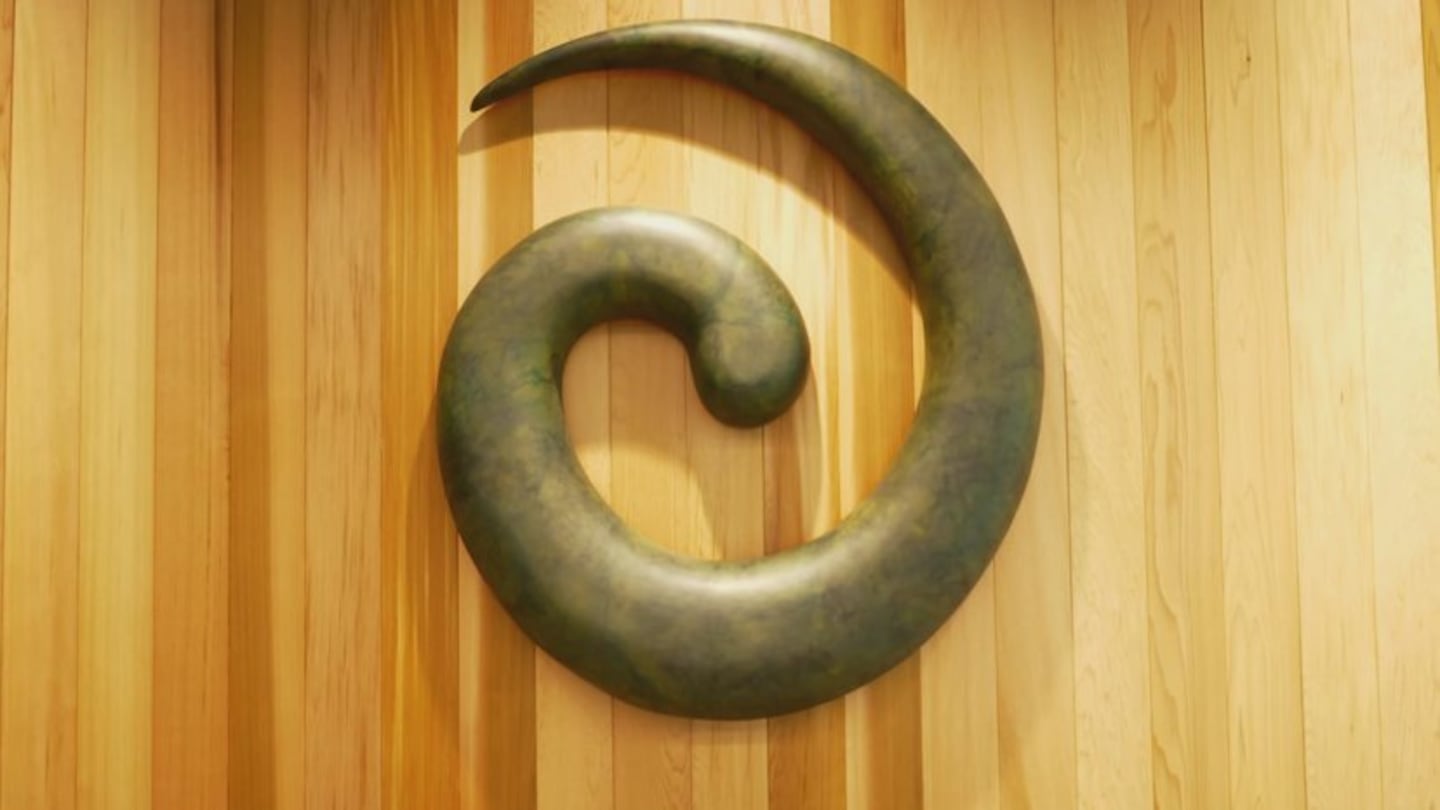Te Kāea will start broadcasting from its new home in East Tāmaki tomorrow. However, today, we continue our weekend special of stories covered by the news department over the years.
Land issues have been a major talking point for many iwi over the years.
In 2015, hundreds of people amassed at Parliament to support a petition driven by two students from Otorohanga College wanting a National Day of remembrance for those killed in the New Zealand Land Wars.
13,000 signatures were gathered for this petition, an impressive feat considering it was secondary school students who carried it through.
Other indigenous people are also fighting for their rights.
Last year, the Standing Rock Sioux Tribe opposed the construction of the Dakota Access pipeline, which would travel underneath their primary drinking water source.
Despite their efforts, President Donald Trump earlier this year pushed through its completion.
Recently, a Federal Judge ruled in favour of the Standing Rock Sioux Tribe, handing the tribe its first legal victory in its yearlong battle against the Dakota Access pipeline.
The district court said the U.S. Army Corps of Engineers failed to perform an adequate study of the pipeline's environmental consequences when it first approved its construction.
After almost 140 years, the Crown formally apologised to the people of Parihaka for the atrocities committed when colonial forces invaded the Taranaki community.
The Minister for Treaty of Waitangi Negotiations, Chris Findlayson said, "The Crown responded to peace with tyranny, to unity with division and to autonomy with oppression. The Crown therefore offers its deepest apologies to the people of Parihaka for all its failures."
Homelessness and the recent North Canterbury earthquake were two of the biggest crises to hit NZ last year.
While the government drew criticism for not doing enough, several marae around the country stepped up and came to the aid of the masses.
Te Puea Marae provided shelter for three months to families left homeless in Auckland.
If it wasn't for the marae, 174 families would not have been fed and 45 families would not have received new homes.
When the service shutdown, Manurewa Marae opened its doors with over 100 families receiving support.
Meanwhile, down in the South Island, Takahanga Marae rose to the occasion following the massive earthquake that cut off Kaikōura for six weeks.
Olympian Lisa Carrington is regarded as a rock star of her sport in Europe, especially following her Supreme Halberg award for her efforts at the Olympic Games in Rio this year, winning gold and a bronze.
The medal haul follows several years at the top of her craft, having won four straight world championships in the 200m K1 Sprint.
Two years ago, a young boy from Ruatorea stole the hearts of many who attended the All Blacks parade in Auckland where he met his rugby idol, Nehe Milner-Skudder.
10-year-old Kuratiwaka Ngarimu was the envy of many, despite wearing the colours of rival East Coast club side, Hikurangi.
Next week, we open our new home in East Tāmaki.
While there's still a little work to be done, we have a sneak preview for our viewers.
Watch Te Kāea tonight 5:00pm on Te Reo and 6:30pm on Māori Television


